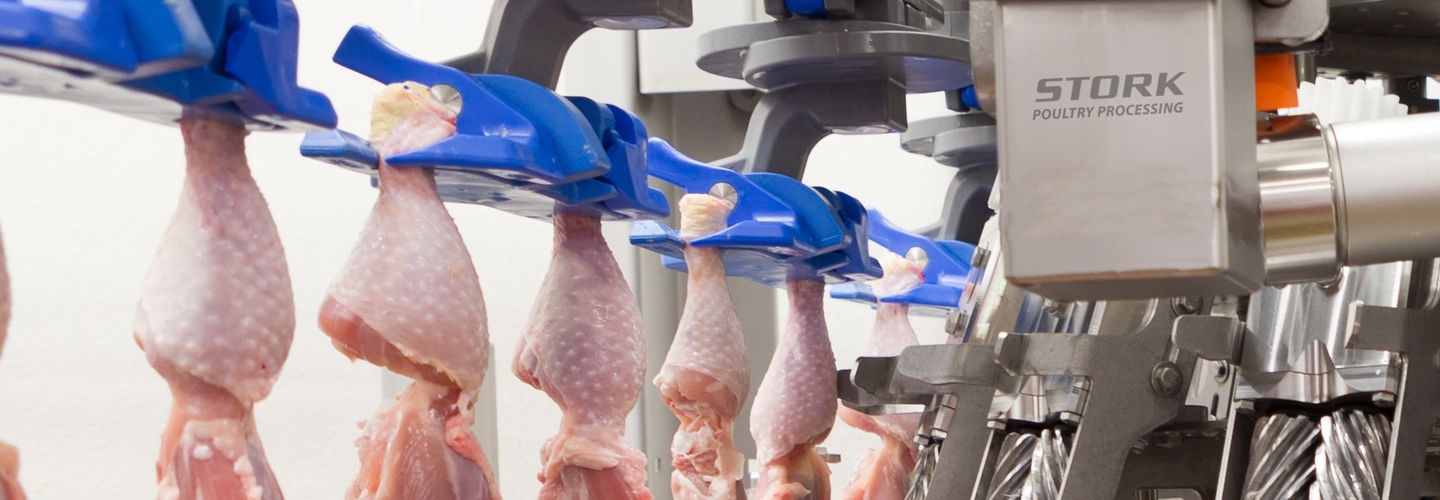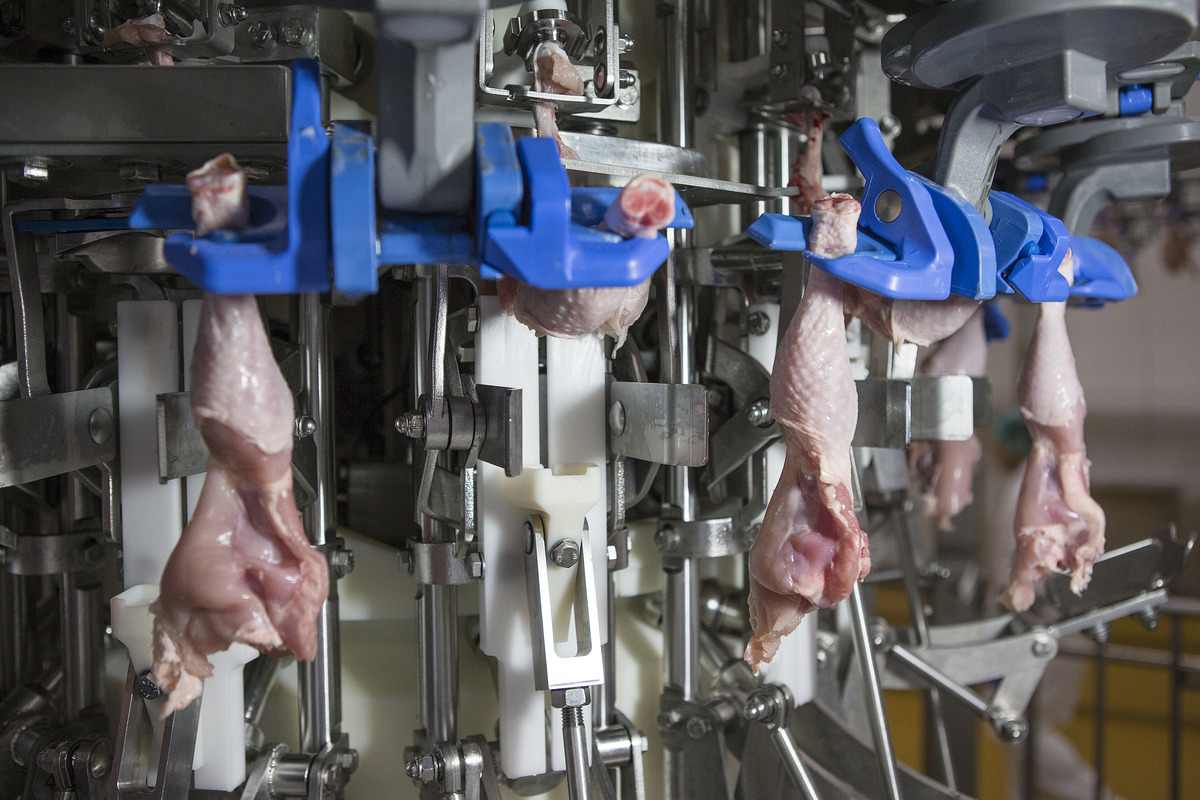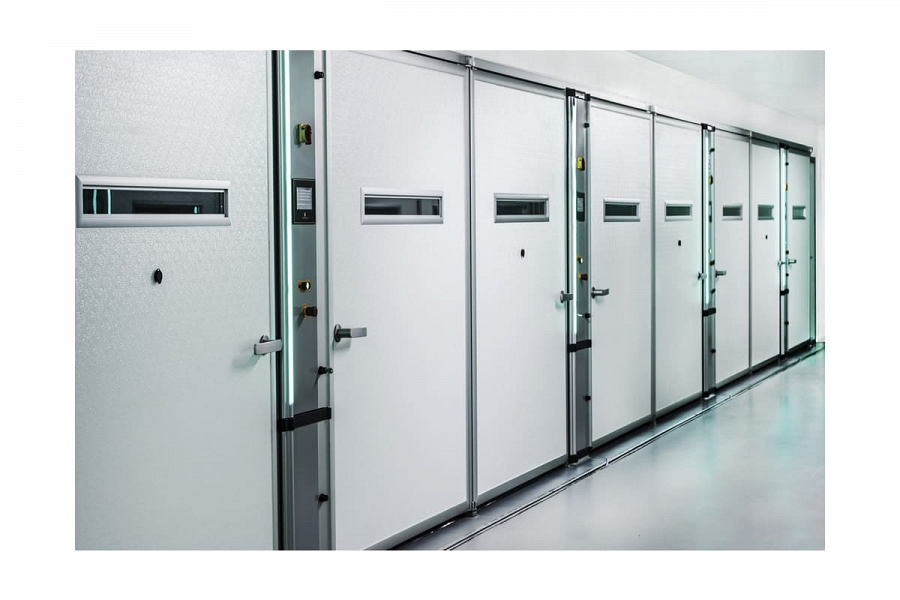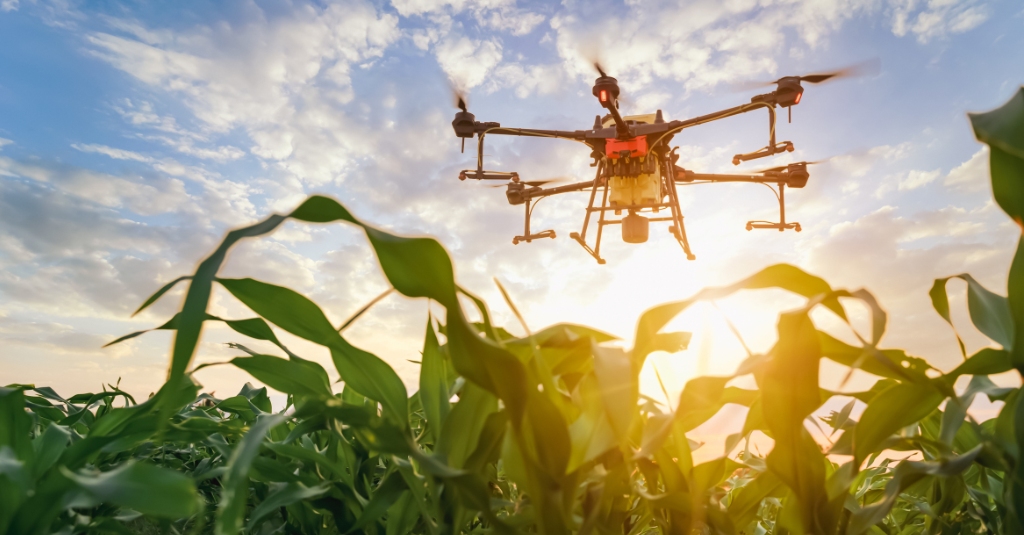Al-Watania Poultry Acquisition Battle: An In-Depth Analysis of Bidding Dynamics in the Middle East
By Poultry Business News
March 27, 2025
In a move that has captured the attention of industry insiders and global investors alike, Saudi Arabia’s largest poultry processor—Al-Watania Poultry—is reportedly at the center of an acquisition battle. Recent reports indicate that major players, including Brazil’s JBS SA, domestic heavyweight Almarai, and regional competitor Tanmiah Food Company, allegedly along with a consortium led by Ukraine-based agri-tech firm MHP, are actively submitting bids for a full takeover of the Qassim-headquartered company
Background and Strategic Significance
Founded in 1977 by Sheikh Suleiman Al Rajhi, Al-Watania Poultry has grown into a vertically integrated operation with a daily processing capacity of over one million chickens and 1.5 million eggs. With a market share estimated at around 30% in Saudi Arabia and an even larger footprint across the region, the company’s potential sale is dismissed by many the Middle East’s poultry industry.
The move comes amid Saudi Arabia’s Vision 2030 objectives, which focus on bolstering local food production and attracting strategic foreign investments.
Key Bidders and Their Proposals
According to recent news reports—sourced from Bloomberg and echoed in publications like Valor International and Food Business Middle East—several bidders have expressed interest:
- JBS SA: The Brazilian meat giant has submitted a non-binding offer. Industry sources suggest that this bid is part of JBS’s broader strategy to expand its Middle Eastern operations. By diversifying its global footprint, and producing locally in Saudi Arabia, they are guaranteed a renowned Halal product certificate that opens many markets.
- Almarai: A formidable local competitor, Almarai is known for its aggressive expansion strategies. Its bid reflects a commitment to strengthening its position in the poultry segment, which complements its extensive food and beverage portfolio.
- Tanmiah Food Company: Also based in Saudi Arabia, Tanmiah’s entry into the bidding process underscores the value placed on acquiring a well-integrated and highly productive asset like Al-Watania.
- MHP Consortium: Led by a Ukraine-based agritech firm, this bid highlights the growing international interest in the region’s poultry market. The involvement of MHP, which has previously attracted minority investments from Saudi state-backed groups, signals the strategic appeal of Al-Watania’s operational scale.
Comparison with Peer Reporting and Fact-Checking
A review of recent articles reveals consistent details across multiple reputable sources:
- Valor International’s Analysis: Reports detail that Al-Watania’s complex asset structure and operational inefficiencies could pose challenges to any potential buyer. This aspect was emphasized as a critical consideration for investors who would need to implement restructuring measures post-acquisition.
- Food Business Middle East & Bloomberg: These outlets report similar bidding dynamics, highlighting that while JBS’s bid has been described as more conservative, Almarai’s proposal is notably aggressive. Both sources concur that the eventual outcome remains uncertain, as negotiations are still in early stages and bidders may withdraw as due diligence progresses
- Just Food and Trendtype: Older reports corroborate the ongoing interest in a sale, with previous advisories by BSF Capital to explore the deal—estimates suggesting a potential valuation in the billions of SAR. These insights, while dating back a few months, align with the current bidding landscape and strategic imperatives discussed by all parties.
Fact-checking across these sources confirms that the reported figures—such as production capacity, market share, and the strategic rationale behind the bids—are consistent and have been repeatedly verified by multiple industry outlets.
Analysis and Industry Implications
The acquisition process for Al-Watania Poultry is a microcosm of broader trends within the Middle Eastern food processing sector. For international players like JBS, the bid represents an opportunity to deepen their presence in a market with robust demand driven by both domestic consumption and regional export potential. For local giants like Almarai and Tanmiah, the move is as much about consolidating market leadership as it is about future-proofing operations in an increasingly competitive landscape.
The challenges are significant, however. As industry insiders note, the operational complexity of Al-Watania demands not only a significant capital outlay but also expertise in managing and modernizing integrated production facilities. Investors will need to balance the strategic benefits against the costs and risks associated with restructuring an established but cumbersome asset.
Moreover, the company aligns with Saudi Arabia’s Vision 2030—a national initiative aimed at enhancing food security and reducing reliance on imports. Any successful acquisition could spur further investments in technology and operational efficiencies, ultimately benefiting the entire regional poultry supply chain.
Conclusion
The bidding war for Al-Watania Poultry underscores a pivotal moment in the Middle Eastern poultry industry. As global and regional players aim for control of this key asset, the deal—if it goes through—could redefine competitive dynamics, drive operational improvements, and enhance food security in a market undergoing rapid transformation. With all eyes on the unfolding negotiations, industry stakeholders and investors alike will be closely monitoring each development.
For Poultry Business News, this story represents a significant case study in how strategic acquisitions can reshape entire sectors and set new benchmarks for operational excellence in the global food supply chain.





